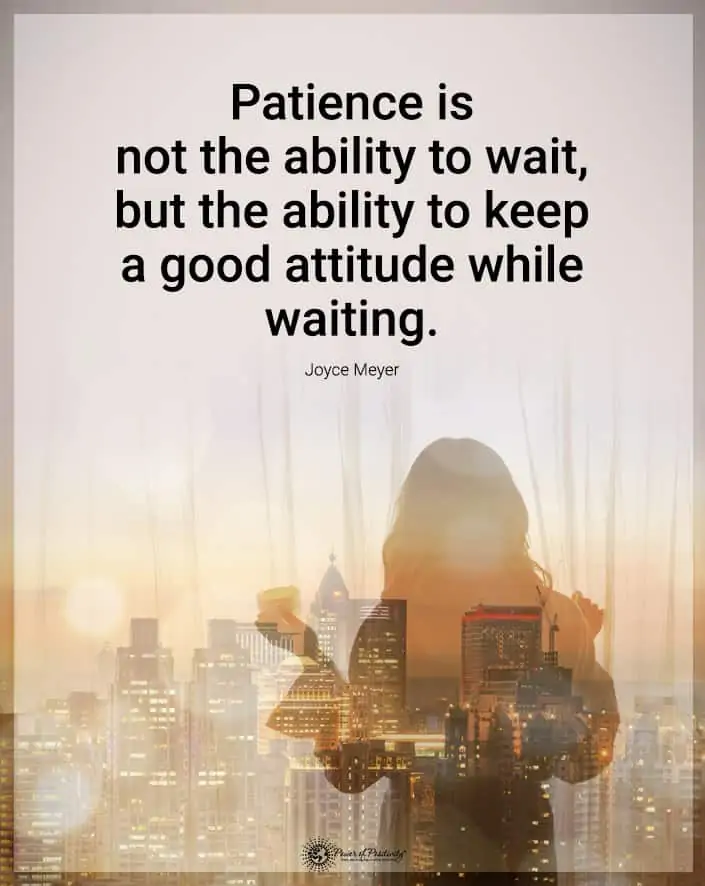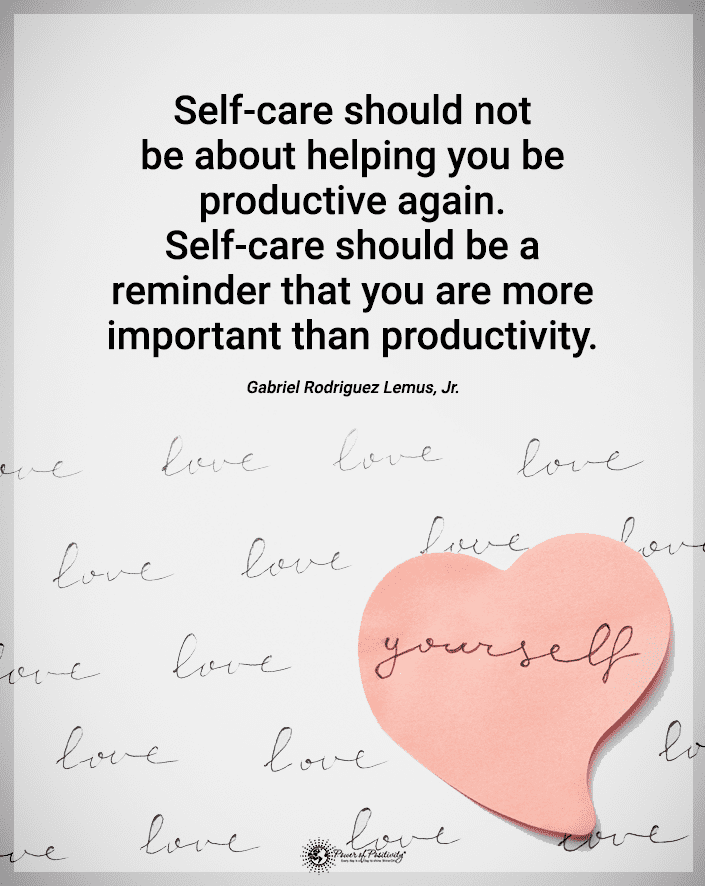We’ve all been there at some point or another. We wonder if we should call quits on a relationship, or just stick it out in hopes that things will improve eventually.
Ultimately, it comes down to asking yourself a few key questions first before you make a firm decision; a little introspection and talking through the situation with yourself can go a long way in helping you make the right choice for your life.
Here are 10 important questions to ask before ending a relationship:
1. Does this relationship bring out the best in me?
Do you feel like the best version of yourself, or a less-than-stellar version of yourself? The right person should encourage you, support you, and feel a shared happiness when you reach a new goal or simply evolve more on your life path.
If the person drags you down, brings out negative emotions in you, or just doesn’t fulfill your needs and desires, you really need to stop and ask yourself where things are headed between the two of you, and if you would be better off flying solo for a while.
2. Do I feel happy or upset the majority of the time?
Of course, no relationship comes without some trials and tribulations, and oftentimes the struggles that people face together make their relationship stronger. However, the dark clouds shouldn’t totally mask the sun – meaning that you should still feel overall happiness in the relationship, even when life throws you a curve ball. According to Mark D. White, Ph.D., you should never stay in a relationship just because you feel you “should” out of a sense of obligation – if you don’t feel happy, you have every right and responsibility, actually, to disclose your feelings to your partner.
“No relationship is terrific at every moment; one reason commitment is so valuable is that it carries us through the less-than-terrific times. It’s when the less-than-terrific times become the norm, and you don’t anticipate any terrific ones in the near future, that you naturally (and justifiably) start to think of alternatives. Commitment can carry the weight of keeping a relationship together once in a while, but it can’t do the job on an ongoing basis—there has to be something of value to a relationship itself to support the partners’ commitment to it,” says White.
3. Am I having to sacrifice more than I should for the relationship?
A relationship should never feel like a burden in your life; if it does, you need to question what they’re bringing to the table, and how much you have to sacrifice in order to make the relationship work. You can only give so much in a relationship before you feel taken advantage of and neglected, so you really need to ask yourself if you feel satisfied in the relationship or not.
If the other person doesn’t pull their own weight and make you feel special and wanted, you should probably go your separate ways.
4. Do we share the same passions and goals for our future?
In any committed relationship, talk of the future will inevitably come up at some point. In most cases, two people going in completely opposite directions won’t have much of a chance at keeping the flame alive way down the road, so you need to ask yourself this question early on.
Two people can absolutely have different goals in life, but if you feel that your visions for the future just don’t mesh well together, you might need to wait it out for someone who shares more of your own passions.
5. Are we fighting more than we’re laughing?
Relationships shouldn’t feel like a chore or dreadful part of your life; they should inspire you, uplift you, and just make you feel alive in general. Disagreements will occur in any relationship, but if you spend the majority of your time arguing rather than enjoying life in one another’s presence, this should be a red flag for you.
Keep the company of those who ignite the light within your soul, not those who put a damper on your spirit.
6. Do we make time for one another?
All of us have many obligations in the modern world, and life can get pretty hectic from time to time. However, no responsibility should take precedence over the love you have for one another. People either make time, or excuses, so if it seems that your partner often makes the latter, do you really want to continue the relationship feeling like you’re constantly put on the back burner?
7. Do I really love him/her, or just the person I want them to be?
Oftentimes, we convince ourselves that people will change as long as we give them time and support, but honestly, people will only change if they truly want to. Plus, if you can’t love the person as they are right now, will you really love them at some point in the future once other conditions have been met?
If you can’t say with certainty that you really love them, you owe it to your partner to tell them the truth – it might hurt, but the pain of staying in a false relationship is far greater – for both of you.
8. Would I regret it later if I didn’t end the relationship today?
Five years from now, would you look back and wish you had moved on from the relationship? Living with regrets will always leave a deeper wound than getting out of an unfulfilling relationship, even if that means you have to be single for a while. Stay true to your heart, and never stay in a relationship just because it feels comfortable, or because you feel like you’d be letting the other person down.
9. Do they add value to my life?
Do they truly enhance your life, adding color and vibrancy, or make you feel drained and uninspired? If you start seeing everything in black and white once you’re with them, is the relationship really worth sacrificing your happiness for?
10. Would my life be better without them in the picture?
This is really the million-dollar question – what would your life look like without them around? If you imagine yourself as a happier, freer, more peaceful person, you need to sit down with your partner and come clean about your feelings. Breakups can cause a temporary upheaval and emotional tidal wave in your life, but you will feel much better following your heart and cleansing your life of any negativity.









